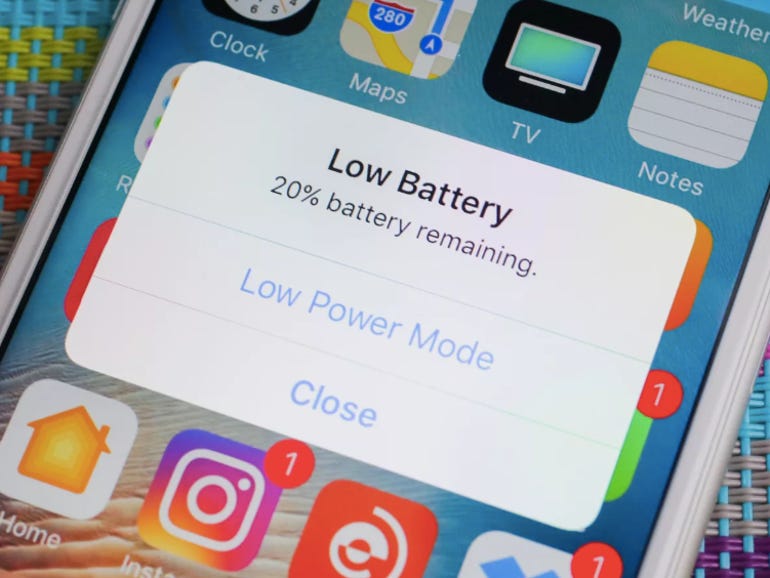
When I’m out in the city hosting an introvert meetup, nothing is worse than discovering my mobile phone battery has dropped to 70% by the time I get off the train at Southern Cross station.
This means being extra judicious in how I use my phone, which I need to check for messages from members (“I’m late!”) and navigate my way to the venue (“Hellenic Museum”).
It’s a good analogy for how I expend energy daily.
As an introvert, highly sensitive person, empath, and a woman going through perimenopause, energy management has become an essential skill that requires frequent recalibration to find the right balance that works for me.
If I’m not watchful, I can find myself physically and mentally exhausted – unable to think clearly, anxious, and even panicky.
Assuming I start off each morning with a full battery, as I go through the day, my battery gets progressively depleted by:
➡️Mental processing (researching the latest in the NDIS space, writing emails to clients and service providers, problem solving)
➡️Communication (casual “how are you” conversations and more formal presentations and discussions, listening, interpreting, filtering, sharing and exchanging stories and ideas)
➡️Current state of health (how much sleep I had the night before, what I eat, where in the monthly cycle I am, my iron levels)
➡️Things done for self and others (meal preparation, cooking and cleaning, feeding the cat, checking in on friends and family, exercise, life admin).
➡️Getting from one place to another (driving is the worst for me, because when you have brain fog, it consumes huge amounts of mental energy just to stay focussed, navigate safely through traffic, find parking, deal with changing weather and lighting conditions, and reverse the process to get home).
Much like the spoon theory is used in disability and mental health circles to describe the extra burden faced by people living with these issues, I find the phone battery analogy helps me keep track of how much energy I have at any given point, and to pay close attention to what depletes me, and what recharges me.
How do you manage your internal battery as you go through your day?